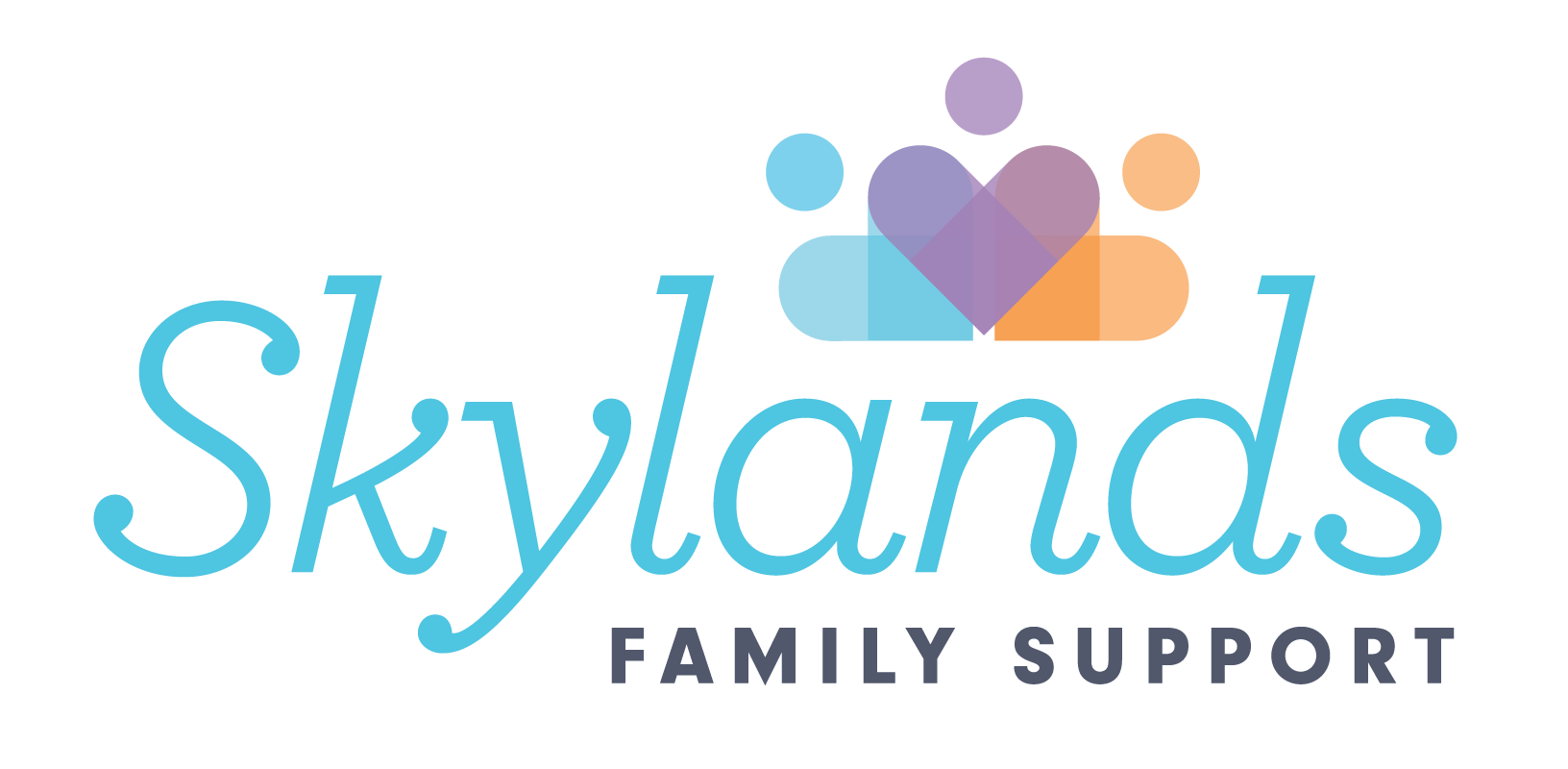4 Tips to Navigate NJ DDD Support Coordination Services With Your Loved One
As your loved one transitions into adulthood, NJ DDD support coordination services become critical to their care and livelihood. Here are four helpful tips to help you navigate NJ DDD support coordination services alongside your loved one with developmental disabilities.
You know your loved one’s goals best. So, when it comes to accessing support coordination services as they transition from school to adulthood, your emotional support and understanding of your loved one’s desires and needs can help to shape a customized and person-first support coordination experience.
The good news is, New Jersey families aren’t in this process alone. NJ DDD requires families to work with a support coordination agency to access services and other helpful resources. You have a choice in the support coordination agency you work with. The best ones will work closely with you and other family members to ensure that the services provided are exactly what your loved one needs to live a happy, fulfilling life. They know that your relationship with your loved one is important and will want to work together to build greater independence for your loved one and whole family.
Let’s review exactly how you can stand beside your loved one during this journey and navigate these vital services.
#1 – Prioritize your loved one’s individual needs & goals
Support coordination is most effective when tailored to the unique needs and goals of your loved one. The best support coordination agencies work with you to create a customized support plan that centers around your loved one.
To ensure that your loved one’s support coordination experience is positive, it’s important that you communicate your loved one’s short-term and long-term preferences, strengths and aspirations during the process so that your support coordinator can take them into account. Make sure to communicate your loved one’s:
- Daily activities
- Healthcare requirements
- Level of desired social engagement
- Personal development goals
By prioritizing these individual needs and voicing any questions or concerns to the support coordinator, you play a crucial role in your loved one’s journey. With your input and care, your loved one’s support plan will be personalized and address their specific requirements.
#2 – Provide input for key documents
Your role will also include ensuring your loved one’s needs, goals, and crucial information are represented in key documents that will be used for support coordination.
The Person-Centered Planning Tool (PCPT) and Individualized Service Plan (ISP) are two documents that are required by New Jersey Division of Developmental Disabilities (NJ DDD). Let’s review their purposes:
- The PCPT is at the heart of every successful ISP. This essential discovery document involves putting your loved one at the center of decision-making, ensuring that their preferences and choices are respected and incorporated into the ISP.
- The ISP is a comprehensive and customized document that coordinates and provides prior authorization for all NJ DDD services and service providers. This document ensures your loved one has access to the special support they need in order to remain healthy, safe, and an active member within their community.
Your support coordinator will be responsible for completing these documents and submitting them to NJ DDD, but it’s important that you work together to ensure all information submitted is correct and up-to-date. The information on these documents will help both the support coordinator and NJ DDD understand the type of care your loved one needs moving forward.
#3 – Collaborate with your support coordinator
As mentioned above, ongoing collaboration between your support coordinator and your family is critical to a successful experience for your loved one.
Regular communication with your support coordinator helps them stay informed about the progress of the support plan as well as any potential new needs or challenges. The best support coordination agencies will keep an open line of communication with you, so your family can share updates about your loved one’s condition, changes in their needs, or any concerns you may have.
And of course, you should never feel like you can’t speak up about your loved one’s needs and the care they receive. The relationship that your loved one and family have with your chosen support coordination agency is meant to be long-lasting, as your loved one continues to grow and change.
#4 – Review service details & make adjustments
Support coordination services are subject to change based on your loved one’s goals and preferences. As they grow and learn, they may need less or more of the same services, or different services altogether. Either way, these changes can be adjusted accordingly through your chosen support coordination agency.
It’s important to regularly review the service agreements to ensure that they align with your loved one’s needs. Also, take note of the types of support being offered and the frequency of services. This helps in identifying any gaps or areas for improvement in the support plan.
Conclusion
Navigating support coordination services can be simple, straightforward, and a positive experience for everyone when you work with a reliable and experienced support coordination agency. Your loved one’s goals, needs and preferences matter. The right support coordination agency will be there to help you throughout this journey.
Want to work with a person-centered support coordination agency that deeply cares about your loved one’s well-being? Contact Skylands Family Support today.




